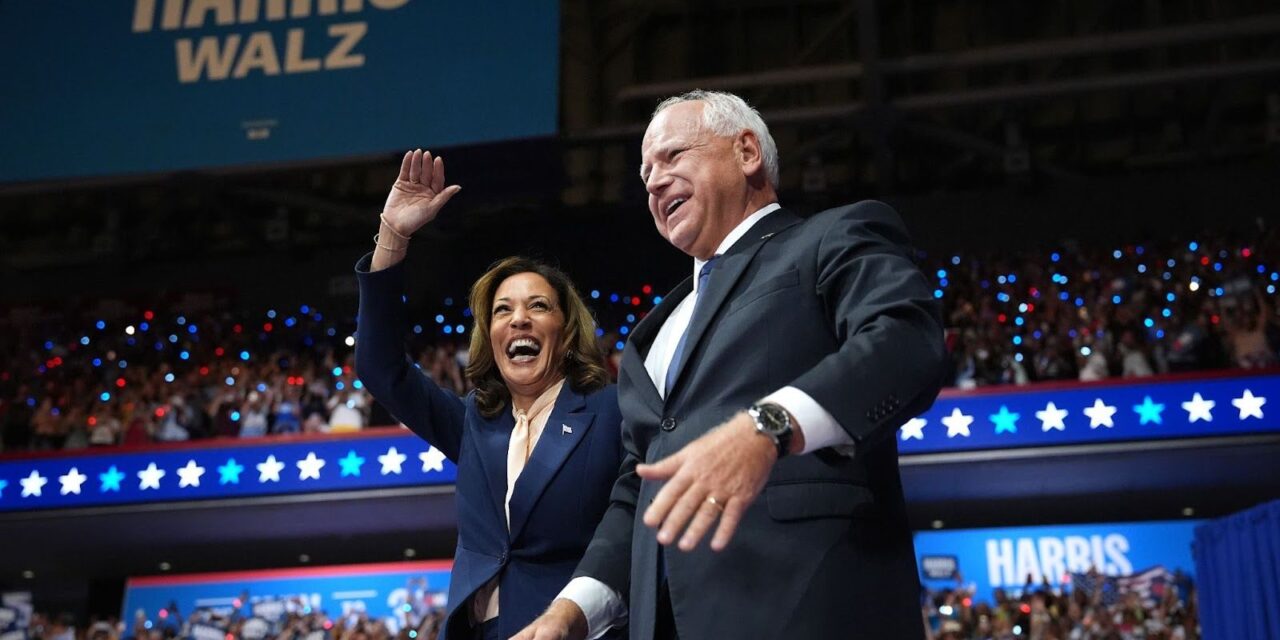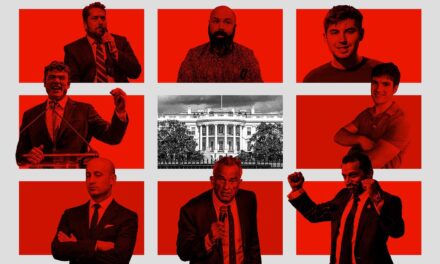
Vice President Kamala Harris has chosen Minnesota Governor Tim Walz as her running mate. This pairing raises critical questions, especially within the Black community, as we consider the impact such a choice could have on our representation and the policies that affect us most.
As a former teacher and congressman, Walz has built a reputation as a progressive leader with a strong track record on education, healthcare, and economic equality. However, his leadership during the COVID-19 pandemic and his response to the civil unrest following George Floyd’s murder in Minneapolis have earned him criticism, which has led to questions about whether he is a suitable choice to stand alongside Harris.
From a strategic perspective, Walz brings considerable strengths. Governing a swing state like Minnesota, he has demonstrated the ability to appeal to urban and rural voters—a crucial asset in an election where every vote counts. His ability to connect with a broad demographic could help the Democratic ticket secure key Midwestern states, often battlegrounds in national elections.
But beyond electoral strategy, the most pressing question for Black voters is whether Walz truly understands and is committed to addressing our community’s unique challenges. His record does reflect a strong allyship with Black communities, and his positions on key issues affecting us should not be overlooked.
For instance, Walz has been at the forefront of protecting voting rights—an issue of paramount importance to Black Americans. In May, he signed the Minnesota Voting Rights Act, which revives private enforcement after a federal court ruling weakened the Voting Rights Act of 1965, a cornerstone of the Civil Rights Movement. The legislation also makes it easier for college students to vote. It eliminates prison gerrymandering, ensuring that incarcerated individuals are counted based on their previous address rather than their place of imprisonment for census purposes.
He has also championed several other causes that resonate deeply with Black communities. In July, he signed the African American Family Preservation Act, designed to strengthen protections for families facing separation in the foster care system. In February 2023, he signed the CROWN Act to combat workplace and school discrimination based on hair texture or style, a significant issue for Black and Brown individuals.
Moreover, in 2021, he established the Missing and Murdered African American Women’s Task Force, addressing the alarming violence that disproportionately affects Black women.
He sounds good on paper, but his background is not without controversy. His administration has faced criticism for failing to prevent a massive pandemic fraud case, in which a legislative audit revealed that individuals affiliated with a nonprofit plotted to steal $250 million from programs meant to feed hungry children. This scandal raises legitimate concerns about his oversight capabilities and the potential risks of elevating him to a national role.
Ultimately, choosing a running mate is not just about electoral strategy—it’s about shaping the future of our country. The Vice President significantly influences policy decisions and can serve as a vital advocate for marginalized communities. The Harris campaign is betting he is the best choice to represent and advance her chances to win in November. Blacks must hope he is the best VP choice to represent our interests on the national stage.




